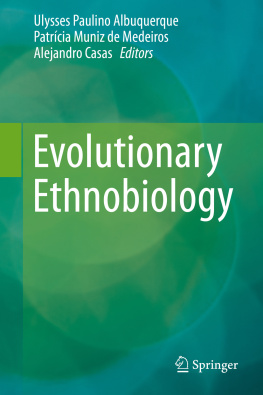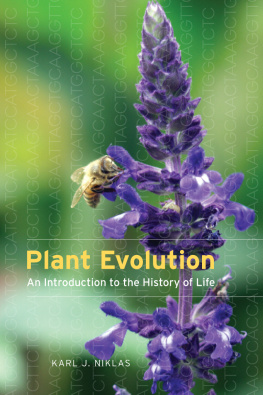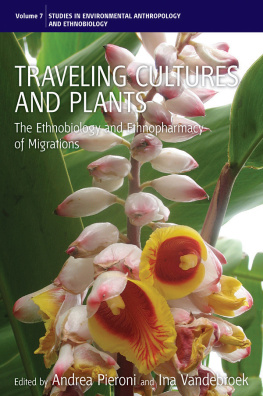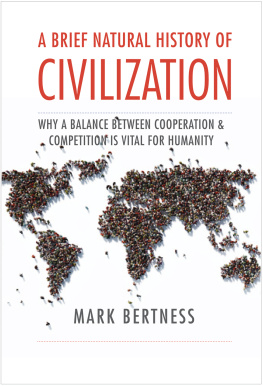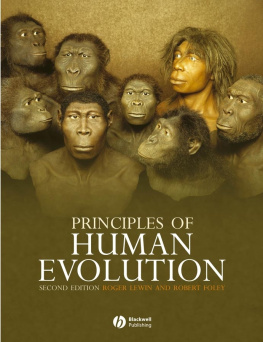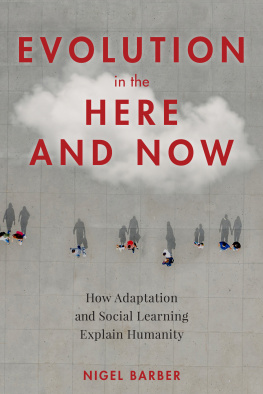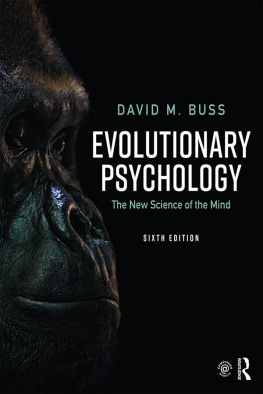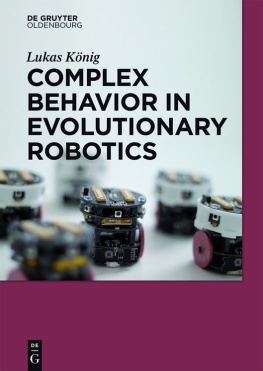1. Evolutionary Ethnobiology
This text is a modified version of Albuquerque and Medeiros ().
A number of concepts and views about ethnobiology can be found in a vast literature produced during the last decades. A newcomer scholar in the field often feels trapped in a maze of concepts and assumptions that generate more questions than explanations. This is commonplace for a discipline that is growing, defining its nature, and assessing its interests, research methods, and connections with other scientific areas overlapping questions and fields of interest. No science constructs and matures without continually questioning its own bases and premises looking for its own identity. In addition, some research fields have more than one identity, and this is the case of Ethnobiology. This field convenes and joins researchers with various theoretical and epistemological backgrounds. The complexity of ethnobiological problems require the working together of a high diversity of perspectives, methods and viewpoints for approaching theoretical questions and applied perspectives in common.
Anderson (). Ethnobiology is eminently a social-ecological science, concerned with interrelationships between people and their biological resources (plants, animals, and other organisms). It deals with interaction between the different biotic components and frequently also with abiotic components of ecosystems and their dynamic relationships occurring in time and space.
It is not unusual for us to consider the relationships between people and biological resources from an ecological perspective. The conventional ecological science (the modern ecological research) insufficiently considers human aspects as topics of theoretical interest. The classic notion of ecology, dissociated from human beings, may constitute a source of bias, given that humans interfere directly in ecological and evolutionary processes. Similarly, sociological or anthropological approaches decontextualized of ecological systems and interactions do not allow a holistic comprehension of the real problems. According to Fritjof Capra (), the contemporary environmental crisis is the crisis of a conception of environment dissociating nature from society. Therefore, the synthetic approach of social and ecological issues is not only a theoretical challenge, but also an applied necessity. As social-ecological science, ethnobiology may make important contributions in this direction.
Ethnobiology has been predominantly focused on the utilitarian role of plants and animals (Toledo and Alarcn-Chires ). The most common approach in ethnobiology today is to focus on lists of useful plants and animals, which leaves out attempts to understand the complex relationships between people and biological resources but fails to identify patterns in the use of such resources. This approach belongs to the history of ethnobiology (strongly influenced by an economic and perhaps taxonomic perspective because of the preoccupation with the listing of organisms). It is an important step of Ethnobiological research because it records knowledge that may otherwise soon be lost by communities and because it aids in the search for new products. This approach on the other hand is insufficient to for the theoretical foundations of ethnobiology, that are indispensable for any scientific field. Although concerns and descriptions of utilitarian aspects are undoubtedly part of ethnobiology, these topics and approaches do not define the body of a science. Constructing a social-ecological science like ethnobiology requires much more theory and methods.
The broad concept of ethnobiology presented above does not fully meet the current need for including concepts of ecology and evolution in ethnobiology. Although some researchers advocate that it is redundant to address ecology and evolution in ethnobiology, we doubt whether these researchers are using these perspectives in their work at all. On the one hand, these concepts are used extensively as theoretical scenarios for interpreting and guiding research (as in the case of plant management and domestication studies; see, for instance, Casas et al. ().
What may then justify this lack of ecology and evolution in ethnobiology studies, especially in countries where the science is practically performed by professionals from the natural sciences? We are not arguing for the exclusion of the humanities and social sciences, given that humans are a cultural species. Belonging to a cultural species does not eliminate our biological-evolutionary trajectory. Our social behavior is also a product of biological evolution, and our cognitive, social and cultural components were primarily responsible for our dominance over most other species. What we are and how we act are influenced by a biological-cultural complex. Ecological and human cultural processes influence to each other and delineate crucial aspects of nature of humans and humanized nature. It is not our intention to rekindle here the debate about human behavior, i.e., whether our choices and tendencies are biologically determined or whether they are the result of the culture in which we find ourselves. We have already outgrown this debate by accepting that, in the case of our species, ecological and human cultural processes are strongly linked in an evolutionary trajectory. We will not advance in our understanding of the relationships between people and nature by ignoring either the animal (biological-ecological) nature of humans or the natural context of human culture. We consider it is possible to substantially advance in constructing ethnobiological science by drinking at the fountains of different areas that have been busy understanding human beings from an ecological and evolutionary perspective.
The ecological approach seeks to account for the current aspects that explain the relationship between people and nature, considering the interrelationships that people establish with different natural resources and ecosystems in space and time. This approach asks how people behave in different environments and how they deal with diversity, in addition to asking what determines the properties of social-ecological systems. The evolutionary approach also studies current behaviors, but with the intent of trying to unravel which pressures have shaped us, i.e., how and why certain traits or characteristics emerged.
Thus, we have a challenge ahead of us: to define the field of ethnobiology that seeks to combine ecology and evolution in understanding how people from different cultures cope with (influencing and being influenced by) the natural resources in different environments given the ecological, evolutionary, and cultural pressures to which our species is subject. It is important to point out that the evolutionary branch of ethnobiology may consider two aspects of evolution: the biological evolution and the cultural evolution. Although they may follow similar trajectories, the first one requires genetic and/or epigenetic changes while the second can be performed in a single generation, by means of environment-influenced behavioral changes. Thus, we call evolutionary ethnobiology the branch of ethnobiology that studies the evolutionary histories of human behavioral patterns and human understanding about biological resources (about both cognition and behavior), considering the historical and contemporary aspects that influence these behaviors at both the individual and societal levels. An ethnobiology that adopts this perspective will routinely address concepts such as adaptation, adaptability, evolutionary trends of traits, and phylogeny.

